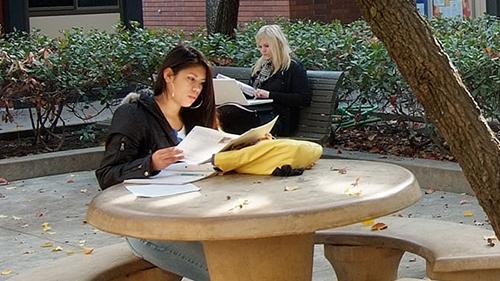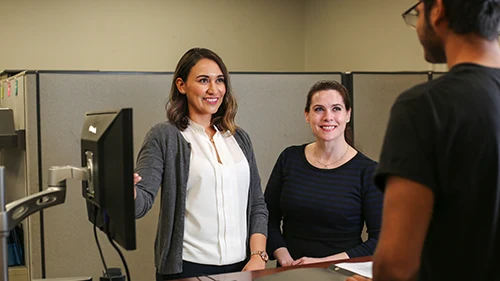
Steps to Apply
Review the eligibility requirements and complete the online application. Submit your application and track its status for updates.

Find Your Program
Access the funding you need for your education. Explore various financial options and resources that can help reduce your college expenses.

Financial Aid
Get the financial support you need for your education. Explore grants, scholarships, and loans to make college more affordable.






